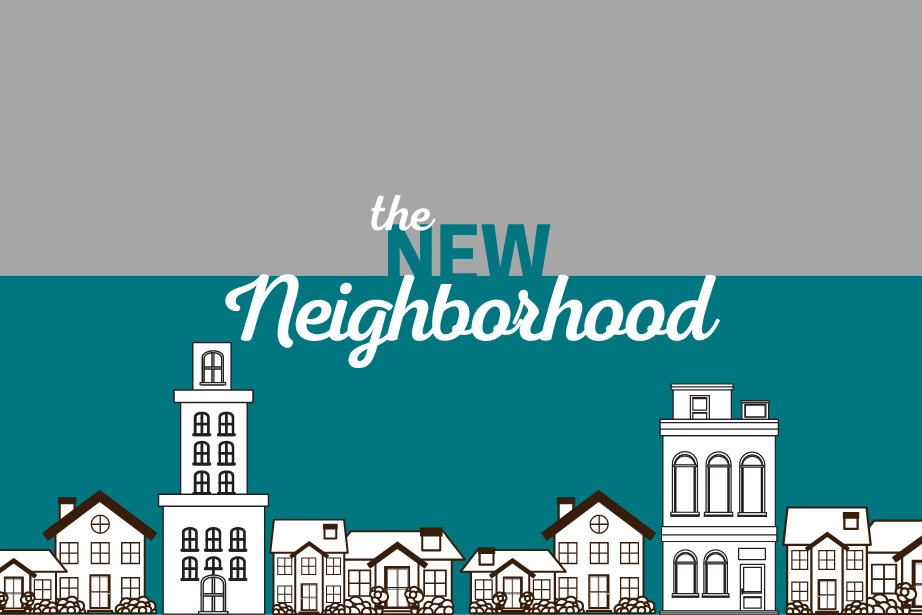The New Neighborhood
Local Early Childhood System Building

Local Early Childhood System Building
Across the nation, people are working to reinforce a sense of community, support young children and families, and work to build equity within communities. Early childhood system building organizations and their partners are making dramatic progress toward creating the conditions where all children and their families can thrive.
CSSP employs a variety of strategies designed to meet this goal. Below is an overview of several of our key initiatives and what makes them so critical to our work of creating a nation in which all children, youth, and families can thrive.
For the past several years, CSSP has been studying community early childhood system-building initiatives and convening EC-LINC (Early Childhood Learning and Innovation Network for Communities), a network of communities engaged in these efforts. Through this work, CSSP is learning about how local communities can bring together the full range of policies, programs, strategies, and opportunities that are needed to help families raise young children who are healthy, safe, and ready to succeed in school and throughout life.
If you have resources you’d like to see featured on The New Neighborhood, please email info@cssp.org.
CSSP partners with a growing number of robust, cross-sector early childhood system building organizations by supporting EC-LINC (Early Childhood Learning and Innovation Network for Communities)—to learn together about what it takes for early childhood systems to address population level outcomes at scale. There are a variety of funding streams, programs, and approaches—from multiple sectors—flowing into communities with the expectation that an integrated early childhood system be established that supports families and improves results for young children in communities across the country. EC-LINC brings together these innovative local communities with state and local leaders to intentionally share the knowledge, learning, resources, and strategies to accelerate the development of effective, integrated, local early childhood systems across the country.
The Parent Leader Network (PLN) provides a space for parents in EC-LINC communities to collaborate with and support each other, represent the parent perspective, and advocate for parent voice and leadership in early childhood systems. Harnessing the power of parents and giving them the space and support to share their expertise, wisdom, and knowledge ensures that we keep children, youth, and families at the center of our work. This group created the Manifesto for Race Equity & Parent Leadership in Early Childhood System and its 5 Commitments for Change is a “Bill of Rights’’ for parents. Together with other parents and allies, you can use it as a platform to call on leaders in early childhood systems to support more opportunities for parent voice and leadership and equitable outcomes for children and families. El manifiesto también está disponible en español.
Achieving the outcomes we want for all young children requires an intentional focus on equity. That means understanding the current conditions in your community that contribute to disparities among different populations, and how those conditions affect families. A well-functioning early childhood system allows leaders and stakeholders to look across the programs and services that make up the system to assess and improve how well these are meeting the needs of the community’s entire population of young children and their families.
To learn about CSSP’s internal equity journey, read our resource Moving Forward Together: CSSP’s Journey to Center Equity, Inclusion, and Justice. This paper explores our journey towards becoming an anti-racist, equity-centered organization; a journey that we are still on today. Additionally, our Anti-Racist Intersectional Frame is an action-oriented frame that critiques society’s structures and its treatment of people and communities while providing a guiding approach for how to work towards a more just and equitable society.
Early childhood systems function best when data is consistently used to drive change—to keep stakeholders focused on the outcomes of their efforts, improve progress toward those desired outcomes and increase effectiveness of various programs and of the systems itself. A process of continuous quality improvement is a hallmark of an early learning community.
The North Star for early childhood systems is to build robust, results-oriented, local early childhood systems that ensure:
The EC Systems Performance Assessment Toolkit includes guidance and tools to assess how well a local early childhood system is working to improve the reach of early childhood services, promote coordination among those services, promote coordination among those services, increase the community’s commitment to early childhood, and advance equity and parent engagement.
The five Strengthening Families Protective Factors—(parental resilience, social connections, knowledge of parenting and child development, concrete support in times of need, and social and emotional competence of children) offer a framework for local, statewide, and national changes at the systems, policy, and practice level—locally, statewide, and nationally.